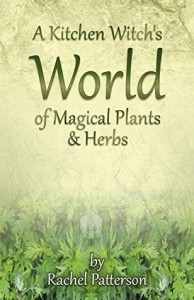The Shepherd's Crown...finally
For those of you that have read my blog or facebook you will be aware that I am a huge Terry Pratchett fan and have followed his books for probably close to twenty five years. When he passed away earlier this year I was heart broken...and continue to be...
Anyway...his last ever Discworld book - The Shepherd's Crown was published in August and it arrived on my door mat on the day of publication. I opened the package and put the book beside my bed...that night I opened the front page and read the inscription...and promptly shut the book and that is where it stayed untouched until a couple of weeks ago. I couldn't bring myself to read it at first but eventually the time came...
I cried before the second chapter and continued to read with a very heavy heart. But the real tear jerker is the 'afterword' at the end of the book written by Terry's assistant Rob. That one had me sobbing. But it did also answer some questions.
The Shepherd's Crown is the final book in the Tiffany Aching arc of Discworld stories and it does bring some closure to storylines but I have to admit as I read it I could tell that Terry's mind was elsewhere and there did seem to be gaps. Rob explains in his afterword that the book was only 95% finished when Terry passed away, his usual plan of action on finishing a book would be to go back over it and fill in the gaps...unfortunately this time it was not possible to do so.
Don't get me wrong...it is still a fabulous book and a wonderful addition to the Discworld series and if perhaps I wasn't quite so familiar with his style of writing I would not have noticed anything was amiss. I still encourage you to read it.
The Discworld series is amazing, these are the books that I always go back to and have read more than any other in my collection (and I have a lot of books). They are my 'go to comfort' books. And they still make me laugh.
If you haven't ever read any Discworld (really? where have you been?) I do encourage you to do so. But even Terry would recommend you not start with the first book (Colour of Magic), my personal choice would be to start with Equal Rites (the first of the witches books).
The books don't actually need to be read in order but there are mini series within - the Witches series, the Guards series and the Tiffany Aching ones, those do work best when read in order.
My personal favourites are probably the witches series (obviously) with Witches Abroad being most excellent but I also like the Guards ones (Guards, Guards being the first in that mini series).
For a full list of the books and other brilliant Discworld paraphenalia check out http://www.discworldemporium.com/ and if you ever get to visit their shop it is like a scene from Ankh Morpork...
The turtle moves...
 1
1

 1
1









